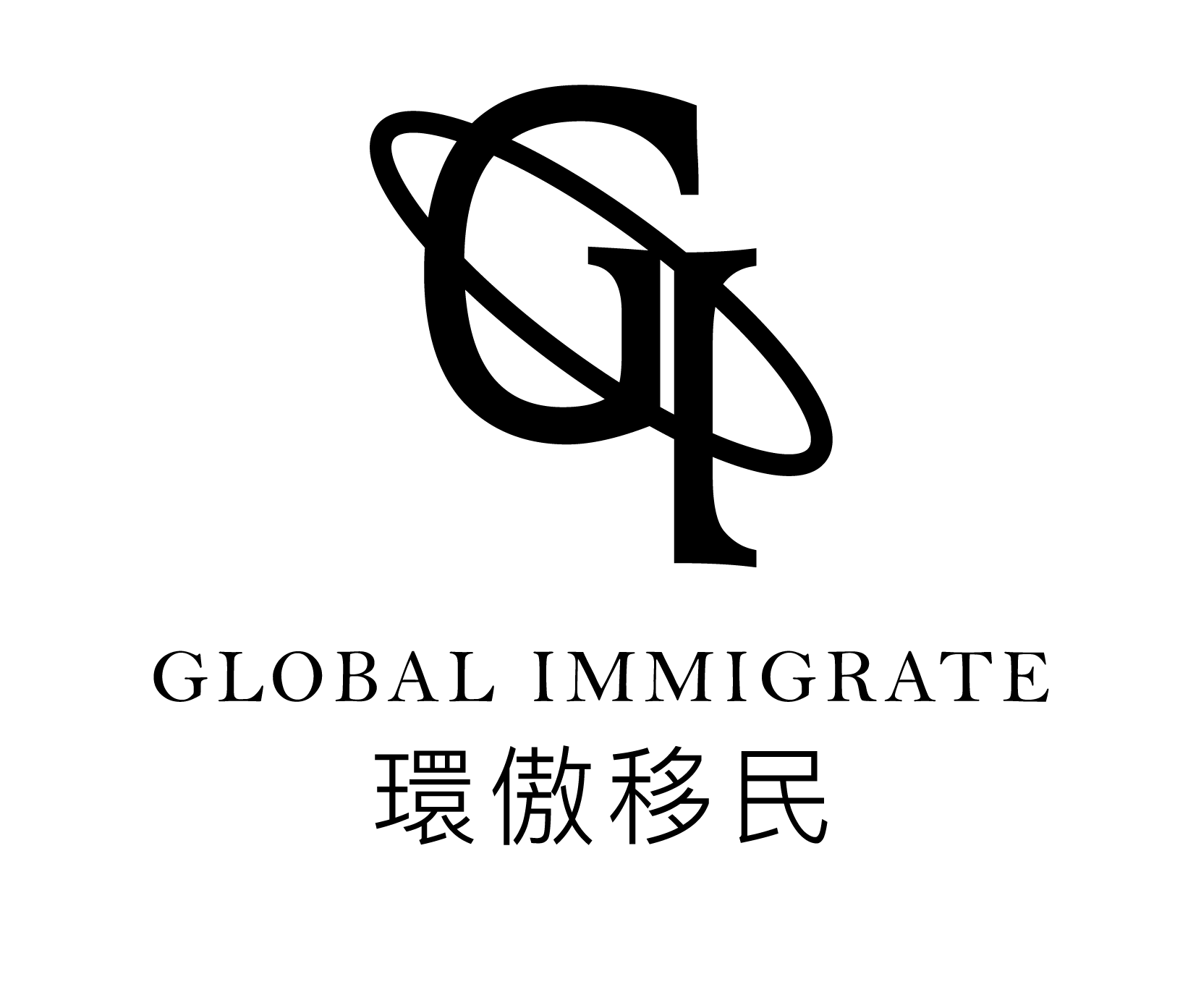In addition to travelling away from home and work, you may also study to immigrate. Studying overseas allows you to stay in the local area for a long time to learn new knowledge and add value to yourself. At the same time, you can have a deeper understanding of the local culture and live the actual life of the locals. It will be a good experience. Canada is a popular overseas study location for Hong Kong people. What are the popular schools and subjects in Canada that attract?
Canadian universities and colleges located throughout the country are known for their research and innovation. Canada’s higher education institutions are diverse – the scale, scope, characteristics, and breadth of the programs vary. High academic standards and comprehensive quality control mean that students can get a high-quality education, which will benefit their long-term career. Canadian degrees, diplomas or certificates are generally considered equivalent to degrees obtained from the United States or Commonwealth countries.
Canadian University Tuition
The tuition fees of Canadian universities are a bit high, but they are generally lower than those of countries such as the United Kingdom, the United States or Australia. University fees may vary from year to year, and you may also notice differences in different cities or degree programs. For example, the University of Newfoundland has the lowest tuition fees, while Ontario is the most expensive area.
The tuition fee for a bachelor’s degree generally ranges from CAD 10,000 – 30,000 a year.
Tuition Fees of Popular Subjects for Bachelor’s Degree:
Bachelor of Business and Management: ~ CAD 16,000 – 56,000 / year
Bachelor of Computer Science and IT: ~ CAD 29,000 – 55,500 / year
Bachelor of Engineering and Technology: ~ CAD 42,000 – 55,000 / year
Bachelor of Social Sciences: ~ CAD 28,000 – 56,000 / year
Bachelor of Natural Science: ~ CAD 28,000 – 53,000 / year
* A bachelor’s degree in medicine, engineering and social sciences is one of the most expensive courses of study.
* Masters of business, engineering, computer science and law are the most expensive.
Tuition Fees of Popular Subjects for Master’s Degree:
Master of Business and Management: ~ CAD 22,150 – 52,700 / year
Master of Computer Science and IT: ~ CAD 29,150 – 52,500 / year
Master of Engineering and Technology: ~ CAD 42,150 – 52,500 / year
Master of Medicine and Health: ~ CAD 42,150 – 58,300 / year
Master of Social Sciences: ~ CAD 28,150 – 37,000 / year
The purpose of these tuition ranges for bachelor’s and master’s programs is to help you determine your budget for studying in Canada. You do not have to choose the most expensive course, because higher fees do not always equate to better education. Focus on finding the best balance between your budget, tuition, and the benefits you want from your study plan.
Canada’s Most Affordable University
Memorial University of Newfoundland: ~ CAD 2,550 – 11,460 / year
University of Regina: ~ CAD 10,281 – 12,073 / year
Royal Roads University: ~ CAD 5,400-37,600 / year
University of Saskatchewan: ~ CAD 6,710 – 18,800 / year
Athabasca University: ~ CAD 9,730 – 16,400 / year
Other well-known Canadian Universities
Thompson Rivers University: ~ CAD 1,700 – 35,650 / year
University of York: ~ CAD 24,600 – 63,600 / year
The University of Winnipeg: ~ CAD 14,000 – 25,000 / year
Humber College: ~ CAD 9,655 – 30,500 / year
Tuition fees at top Canadian Universities
University of Toronto-Tuition: ~ CAD 25,000 – 58,000 / year
University of British Columbia-Tuition: ~ CAD 23,300-52,300 / year
McGill University-Tuition: ~ CAD 19,000 – 58,300 / year
Source: Study Portals Masters
Latest News
Details of Canada’s Lifeboat Program announced in June this year – Stream A: In-Canada graduates.
Applicants must have graduated from a post-secondary designated learning institution in Canada
- in the 3 years before you apply
- with one of the following:
- a diploma (not graduate or post-graduate) for a program of at least 2 years
- a degree (associate, bachelor’s, master or doctoral)
- a graduate or post-graduate diploma or certificate for a program of at least 1 year and
- with at least 50% of your program completed in Canada (either in person or online)
For more information, please contact our experienced immigration consultant now:
WhatsApp: 6888 4742 (https://bit.ly/GI_hello)
Phone: 2566 5066
Website: http://bit.ly/GI_2pathways

